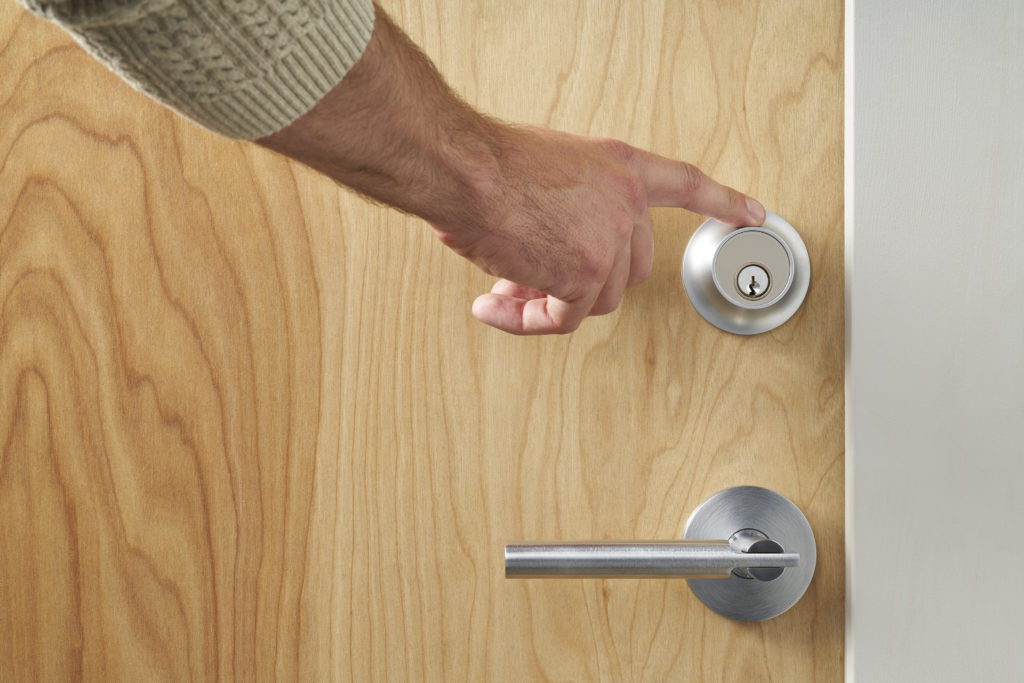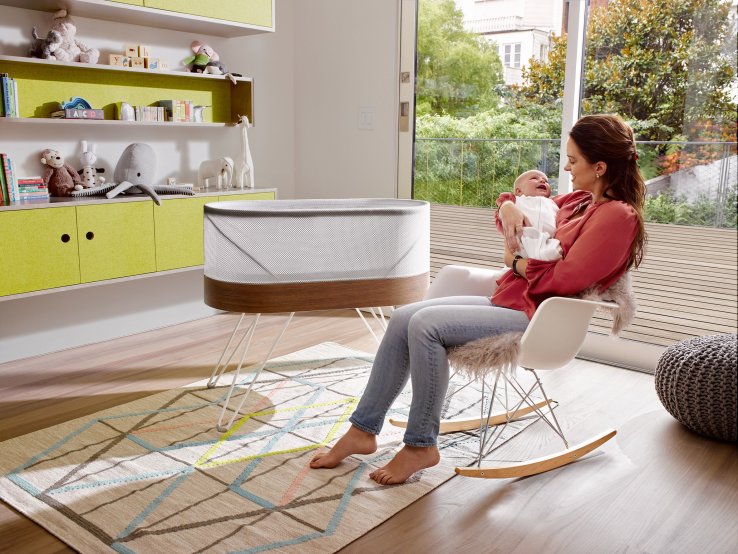ARM is back in our news lineup this week, as Kevin and I discuss who might be interested in buying the chip design company and why it decided not to spin out its IoT assets. We also talk about a new lock that opens with a touch, biometrics on other locks, and Fitbit’s new wearables. Some Roomba vacuums received a new update that makes them easier to control via voice and we talk about appliance companies’ approaches toward IoT security updates. Spoiler alert: they’re mostly not great. Then we cover a new product from Mueral, data on LPWAN adoption and satellite networks for IoT. We also answer a listener question about what the success of Project CHIP might mean for Zigbee and Z-wave.

This week’s guest is Matthew Prince, the CEO of Cloudflare who starts off with a history of computing and an insight into his college dorm room decor. The history will be especially valuable for folks who are not in the IT world but who have to deal with it thanks to the IoT. Prince then discusses what comes after containers and talks about what drives usage on his company’s distributed edge compute service. Then, he explains why he views his engineering work through the lens of others, and how Cloudflare tries to make ethical decisions when building products and offering them. It’s a good interview.
Hosts: Stacey Higginbotham and Kevin Tofel
Guest: Matthew Prince, the CEO of Cloudflare
Sponsors: Very and Silicon Labs
- Why ARM isn’t spinning out its IoT assets
- Fitbit has a new, wellness device
- Let’s talk about security in appliances
- How computing has moved from individual servers to containers
- How to create a culture where engineers can discuss ethics
Podcast: Play in new window | Download | Embed
Subscribe: RSS

